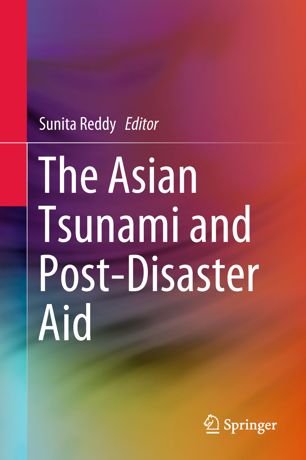

Most ebook files are in PDF format, so you can easily read them using various software such as Foxit Reader or directly on the Google Chrome browser.
Some ebook files are released by publishers in other formats such as .awz, .mobi, .epub, .fb2, etc. You may need to install specific software to read these formats on mobile/PC, such as Calibre.
Please read the tutorial at this link: https://ebookbell.com/faq
We offer FREE conversion to the popular formats you request; however, this may take some time. Therefore, right after payment, please email us, and we will try to provide the service as quickly as possible.
For some exceptional file formats or broken links (if any), please refrain from opening any disputes. Instead, email us first, and we will try to assist within a maximum of 6 hours.
EbookBell Team

4.1
50 reviewsThrough the lens of the Asian tsunami, this book problematizes concepts that are normally taken for granted in disaster discourse, including relief, recovery, reconstruction and rehabilitation. The unprecedented flow of humanitarian aid after the Asian tsunami, though well-intentioned, showed adverse effects and unintended consequences in the lives of people in the communities across nations. Aid led not only to widespread relief and recovery but also to an exacerbation of old forms of inequities and the creation of new ones arising from the prioritization, distribution and management of aid. This, in turn, led to the incongruity between the needs and expectations of the affected and the agendas of aid agencies and their various intermediaries. This book examines the long-term consequences of post-disaster aid by posing the following questions: What has the aid been expended on? Where has the aid primarily been expended, and how? And what were the unintended consequences of post-disaster aid for the communities?
This topical volume is of interest to social scientists, human rights and law researchers and environmental scientists interested in disaster studies.